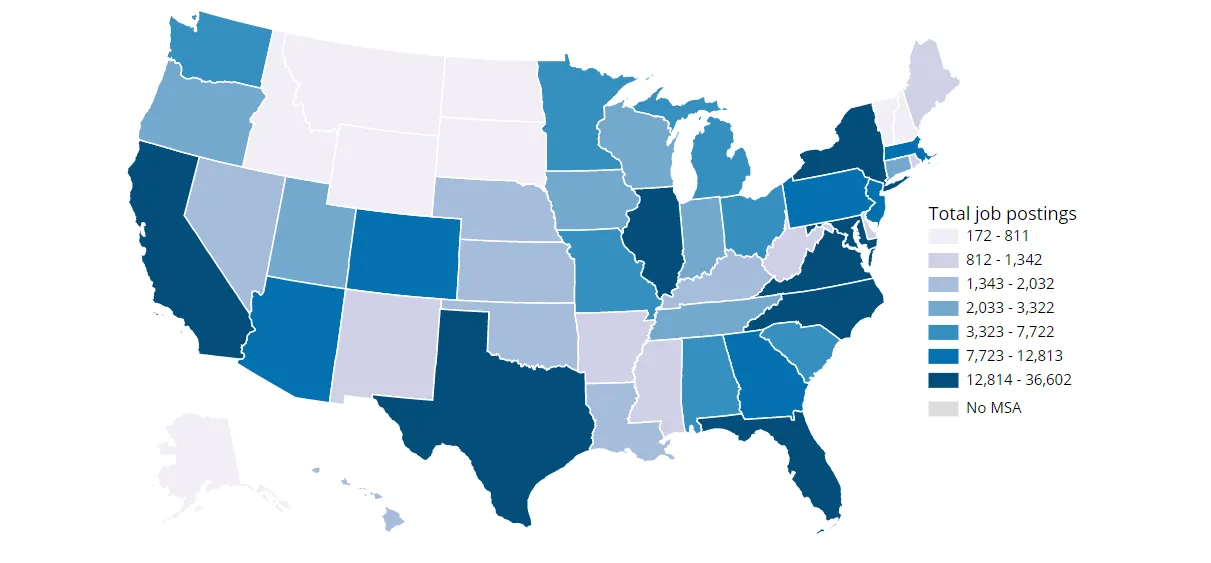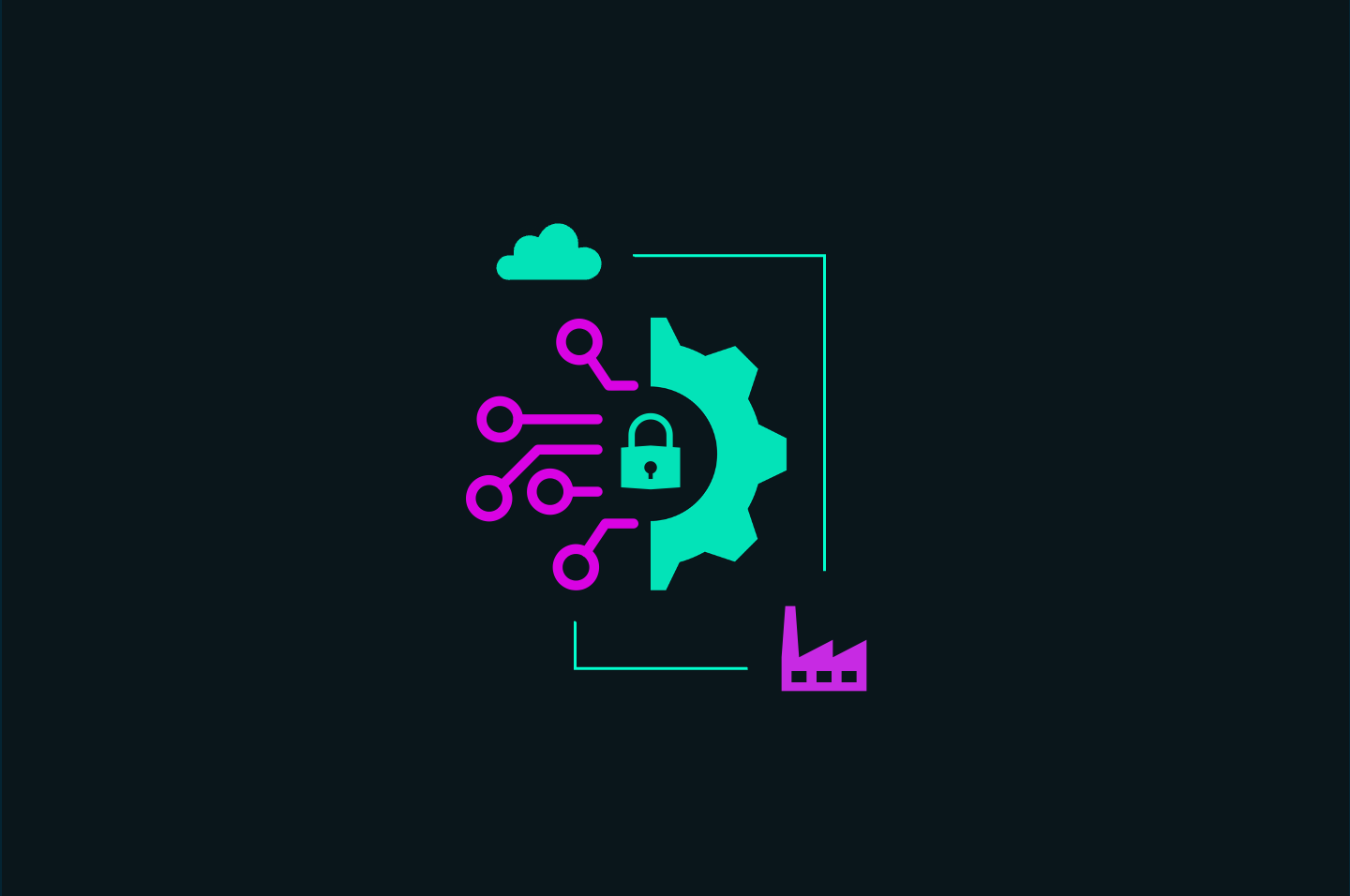Introduction
Key Takeaways

Updated 10/21/19
Despite an increasingly riskier world and more companies developing robust cybersecurity programs, there is a desperate shortage of trained, certified and available cybersecurity experts to fill the existing job gap.
Organizations must find new ways to build and manage their security programs. According to Monster.com, there were over 1 million cybersecurity positions unfulfilled in 2016 globally. In the U.S. alone in 2018, there were 314,000 unfilled security jobs. To put that into perspective, the total employed cybersecurity workforce was 716,000. That's over 30% of jobs that are vacant. Examples of unfilled positions include Database Architects, Network Engineers, Software Engineers and Intelligence Analysts, just to list a few.
Additionally, the average annual salary for a Chief Information Security Officer (CISO) is $204,000 and a Cybersecurity Analyst’s is $90K. Due to the shortage, many experienced security experts are easily commanding salaries in the six-figure range. Recruiting and investing in security talent is a real issue for companies of all sizes, particularly organizations with small IT teams who can’t afford to staff the teams they need.
Here are 3 reasons for the shortage of security talent.
1. Cybersecurity is a “New” Collar Job
Even though there is an increased need for advanced cybersecurity degrees, the skill sets required are difficult to find.
Since cybersecurity is considered a relatively new field of study, even top colleges and universities are struggling to adequately define their IT curricula. In the real world, being a successful cybersecurity professional involves the ability to combine traditional IT skills (programming, analysis, coding, etc.) with intelligent cyber-detective work. Typically these roles also rely on intuitive problem-solving skills, blended with cyber-tracking and system maintenance expertise. Then, layer on the fact that the role requires the communication and training skills required to convey systemic informational requirements on a network-wide level to in-house staff, clients, and all third-party users.
As you can probably see, providing the necessary curriculum to satisfy all of the requirements are difficult to pin down. They continue to be difficult for corporate recruiters to clearly define and present to potential graduates seeking to translate their academic skills into professional success.
2. Improving the Security Gender Gap
The cybersecurity job gap is undoubtedly related to the S.T.E.M. gender gap. In the U.S., while women currently comprise over 60% of all college graduate degree holders, only 11% of all cybersecurity professionals are female (according to ISC², a global NPO that educates and certifies information security professionals). Corporate recruiters across the board are struggling to attractively present potential security career opportunities to this huge demographic of highly educated, motivated graduates searching for their opportunity to grow their careers.
3. The Current Cybersecurity Workforce Base is Already Hard at Work
The hard reality for all businesses is that the vast majority of cybersecurity experts are not only currently employed, but thriving in high-salaried positions. With little incentive to actively explore employment options. enticing top-notch security talent can oftentimes require huge increases in compensation.
Cybersecurity Automation Can Help Fill the Talent Gap
One key to filling the talent gap is the use of intelligent automation to build, manage and track cybersecurity processes. From organizing policies and plans, training employees, staying on top of tasks and projects, to managing vendors, budgets, and reporting, cybersecurity automation removes hundreds of hours of manual processes while significantly increasing productivity and output. Think about the tools your team already uses such as salesforce.com, Trello or Jira for other critical areas of your business. Cybersecurity automation, which Apptega delivers along with a team of certified security experts, fills that gap as the threats continue to increase along with your organization’s requirement for a more robust security program. Want to learn more about how Apptega helps fill your security talent gap?
.svg)





